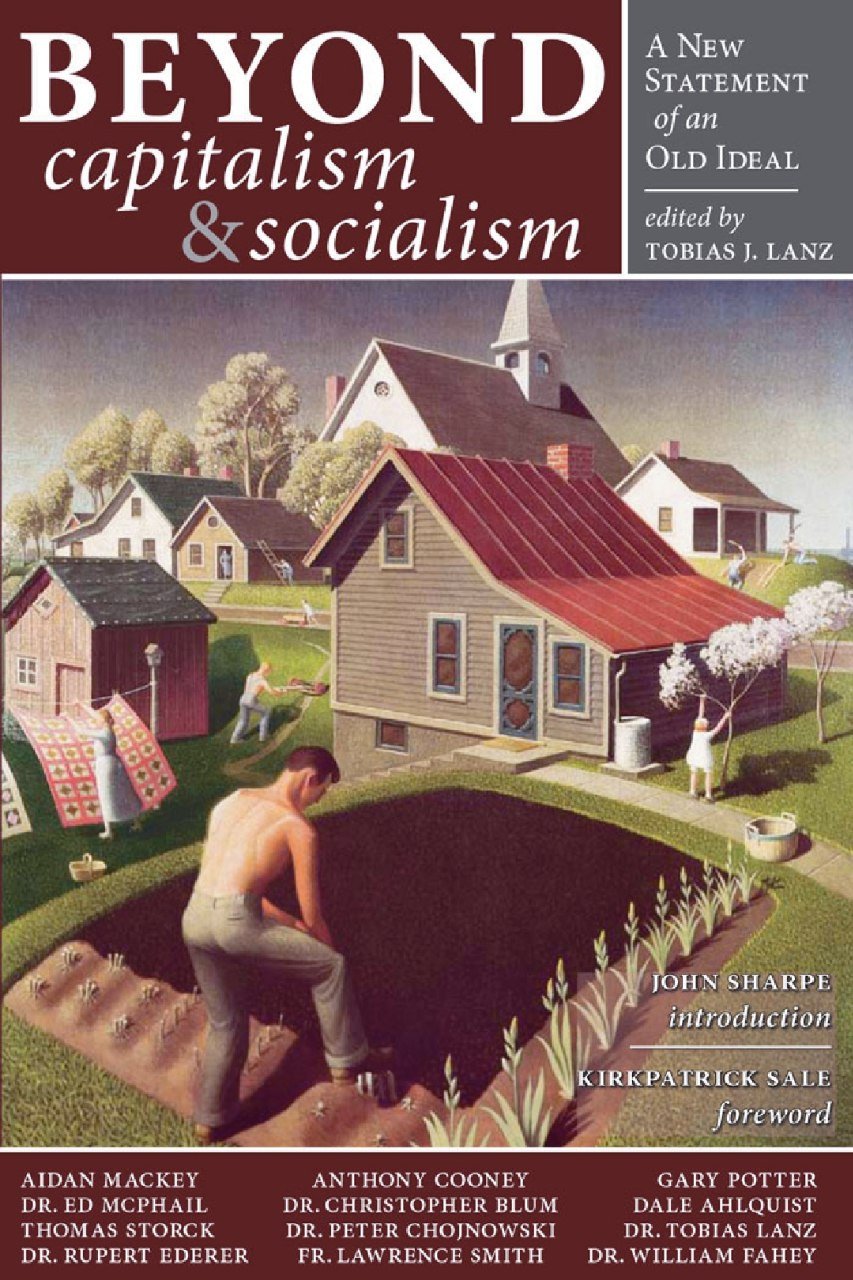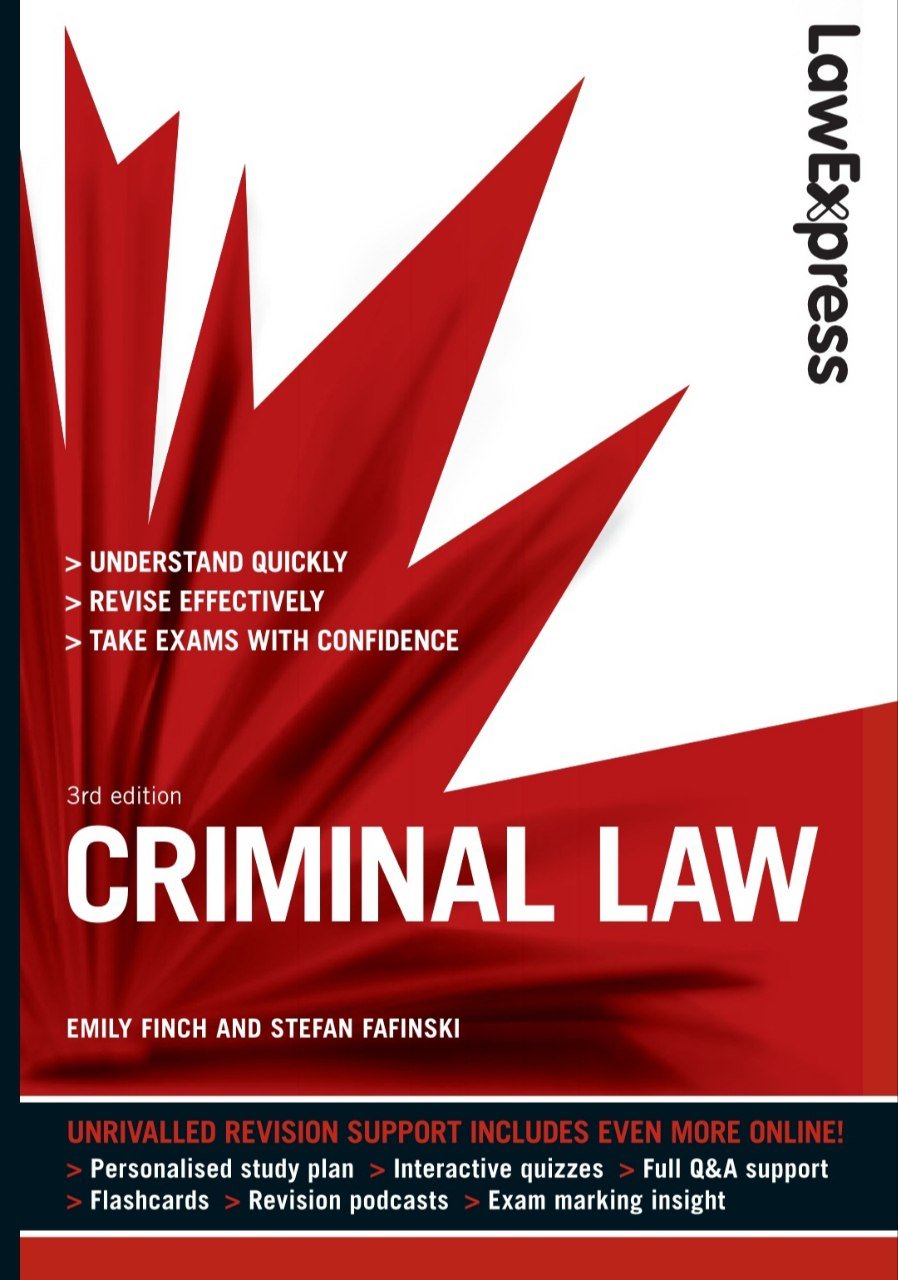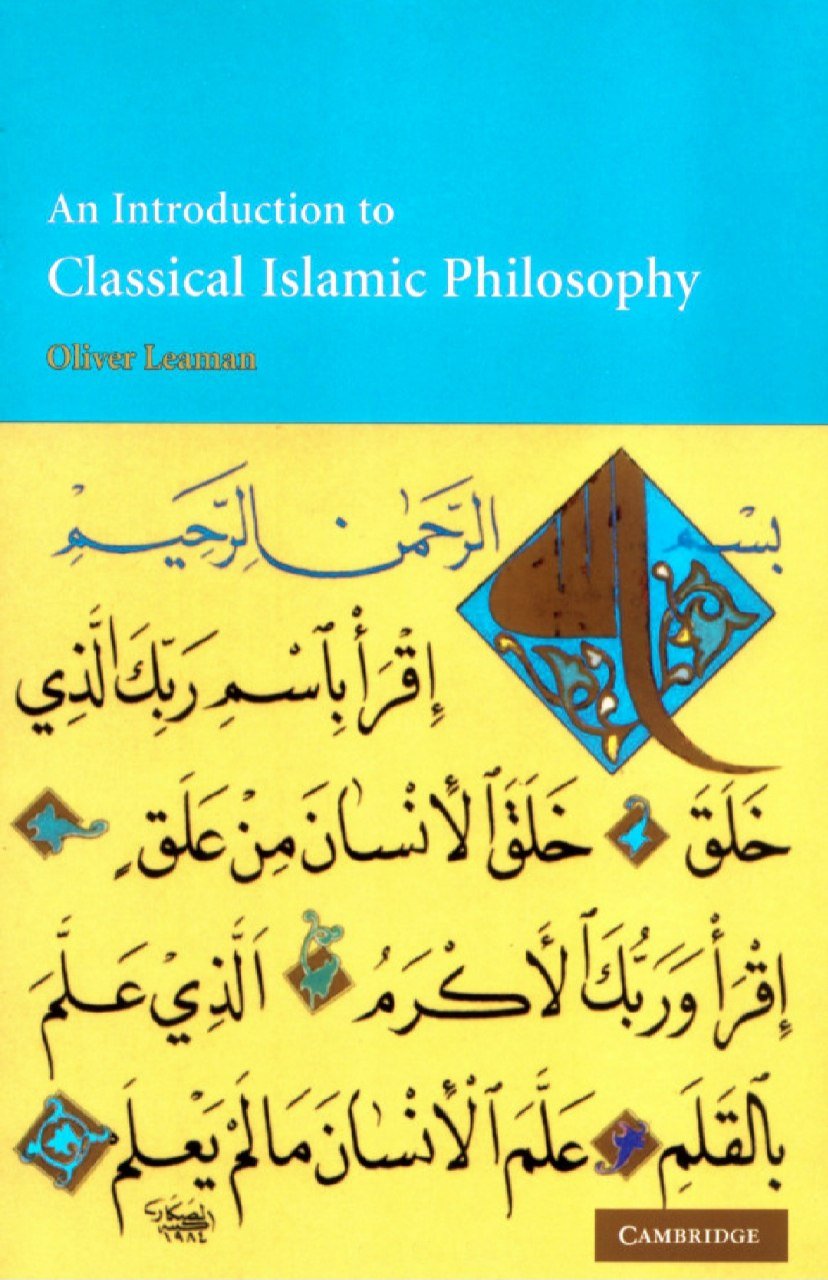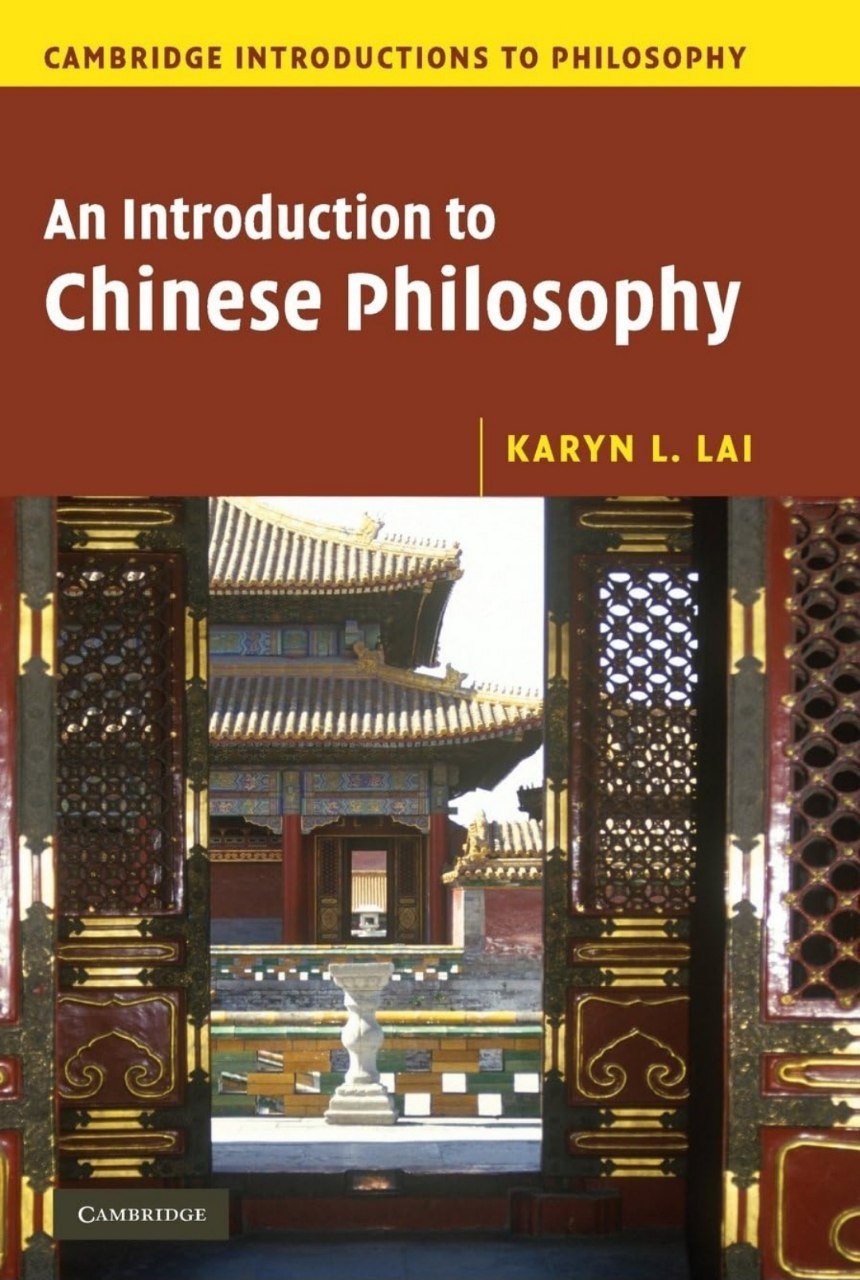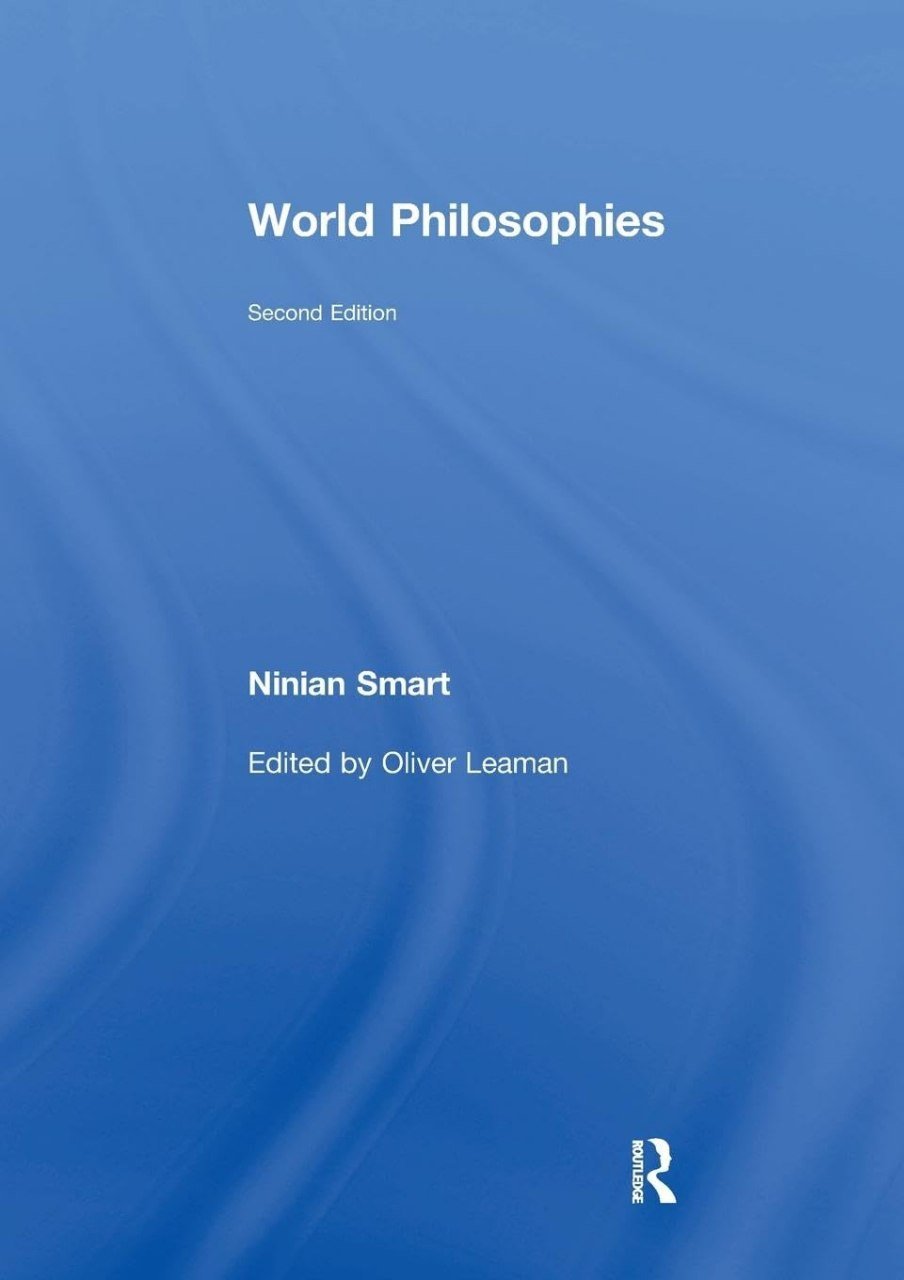

Jung, Deleuze, and the Problematic Whole
Reviews
No review yet. Be the first to review this book!
Description
Jung, Deleuze, and the Problematic Whole by Roderick Main, Christian McMillian, and David Henderson Jung, Deleuze, and the Problematic Whole is a fascinating interdisciplinary exploration that brings together the analytical psychology of Carl Jung and the philosophy of Gilles Deleuze to address one of the most enduring questions in philosophy and psychology: the nature of wholeness and its inherent challenges. Edited by Roderick Main, Christian McMillian, and David Henderson, this volume gathers insights from a diverse group of scholars to explore how Jung and Deleuze each conceptualize totality, fragmentation, and the multiplicity of experience in their respective works. At its core, the book investigates how both thinkers grapple with the notion of the “whole”—not as something fixed or harmonious but as something problematic, dynamic, and incomplete. For Jung, the concept of wholeness is central to his theory of individuation—the lifelong process through which an individual integrates the conscious and unconscious aspects of the psyche. Yet, Jung’s vision of wholeness is complex and often marked by tensions, contradictions, and paradoxes, especially regarding the role of opposites and the shadow in psychic development. Deleuze, on the other hand, rejects traditional notions of unity and totality altogether, proposing instead a philosophy of difference, becoming, and multiplicity. His concept of the “problematic whole” is not a unified, closed system but a constantly evolving field of relations and singularities. Where Jung seeks integration, Deleuze seeks creative disintegration, where meaning and identity are in a state of perpetual flux. The editors and contributors engage in a cross-disciplinary dialogue, examining topics such as: The unconscious and individuation in Jung versus the virtual and actualization in Deleuze. Archetypes as structured yet open-ended patterns of the psyche, compared with Deleuze’s rhizomatic thinking and assemblages. The role of immanence and transcendence, contrasting Jung’s emphasis on symbolic mediation with Deleuze’s insistence on immanence without transcendence. How each thinker deals with the problem of the self, with Jung focusing on the Self as a regulating center of the psyche, and Deleuze dissolving the self into desiring machines and flows of becoming. The book also addresses contemporary concerns, such as identity, subjectivity, and healing, suggesting that a dialogue between Jung and Deleuze opens new avenues for understanding psychological and philosophical complexity in an age that resists fixed identities and stable meanings. In summary: Jung, Deleuze, and the Problematic Whole is a thought-provoking and richly layered volume that challenges readers to rethink the meaning of wholeness, identity, and transformation. It brings together two radically different yet strangely complementary thinkers to illuminate new possibilities for psychology, philosophy, and cultural critique. Whether you are a student of Jung, a follower of Deleuze, or someone interested in the intersections of psychoanalysis, continental philosophy, and postmodern thought, this book offers deep insights and fertile ground for reflection.



 May 03, 2025
May 03, 2025



 May 03, 2025
May 03, 2025





 May 03, 2025
May 03, 2025

 May 03, 2025
May 03, 2025
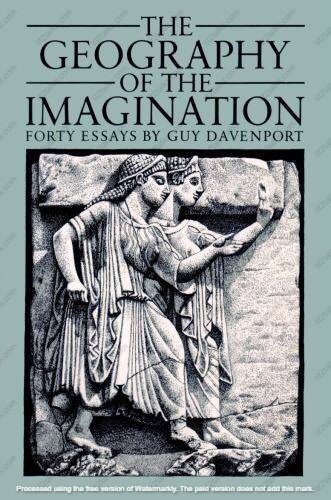










.jpg)





.jpg)
.jpg)









.jpg)
.jpeg)



.jpg)

















.jpeg)



.jpeg)
.png)




.jpg)








.jpeg)

.jpg)

.jpg)
.jpeg)




